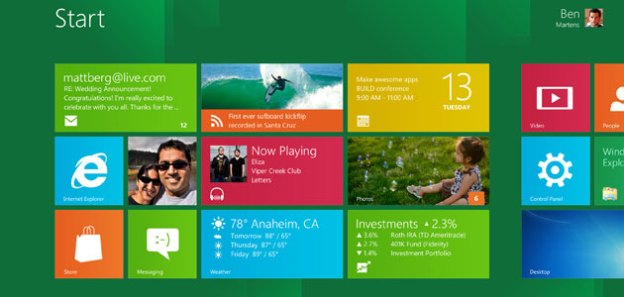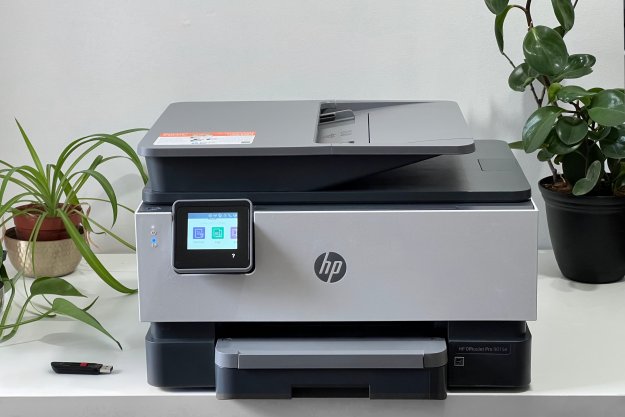
Microsoft has gone to great lengths to stress how compatible Windows 8 is with legacy applications. You can download these from any website and install them however you like, as has always been the case with Windows. However, when it comes to new Metro-style apps, Microsoft is locking it down and taking the Apple approach. All Metro-style apps will be available strictly in one store: the Windows Store and Microsoft will take 30 percent of all revenue from developers, reports Computerworld. Developers will also have to pay Microsoft a yearly fee to be a part of the Store.
For the price, consumers will gain safety and security, argued Ted Dworkin, a Microsoft director for Windows Store, at BUILD last Wednesday. “”We will be the only store for distribution of Metro-style apps,” said Dworkin.”…We will examine every application that will be submitted to us [and] we will run a virus check and a malware check on every application.”
Microsoft gives Android the ball
While this Apple standard has become common on mobile, it means Microsoft is, once again giving Android an advantage. Though “fragmentation” has been a hot word surrounding Android, its fragmentation of app stores has as many upsides for customers as downsides. While it does pressure consumers to adopt more than one app store, like competition in retail stores, it promotes lower prices on apps and big sales. Amazon’s Appstore for
Of course, we also cannot forget the issue of in-app billing that’s causing a stir in the Apple App Store. Because it has unilateral control over all apps and content on the iPhone, Apple has decided to charge app developers a 30-percent commission not just on app sales, but on the sales of anything those developers sell within their apps. So if you run a Google Bookstore, for instance, you would have to pay a 30-percent commission to Apple for each book sold. This has angered many e-book publishers, each of which will have to find some way around the fees for their business model to work.
It’s wonderful…as an idea
The idea of one, single, beautiful place to find all of your apps is a lovely one. But just as its never good to put all of your metaphorical eggs into one basket, the same is true for apps and app stores. Without competition among them, things will not improve for developers or users in the long run. Windows was founded on an open platform. Anyone has always been able to create a Windows application, release it, and promote it. The Microsoft Windows Store is a great new idea, but if it’s the only way humanly possible to get a Windows app, that puts too much control in Redmond’s hands.
For more opinions on Windows 8, check out our recent rundown of the new OS. Or, if you need to know what Windows 8 is and why it’s so different, check out our older piece on Windows 8 features.


